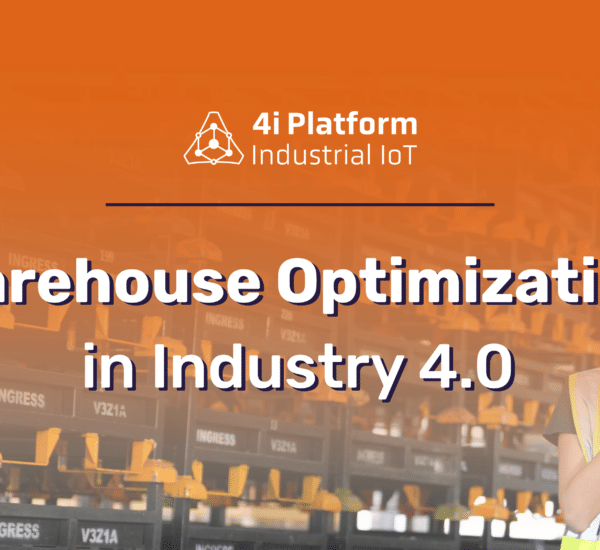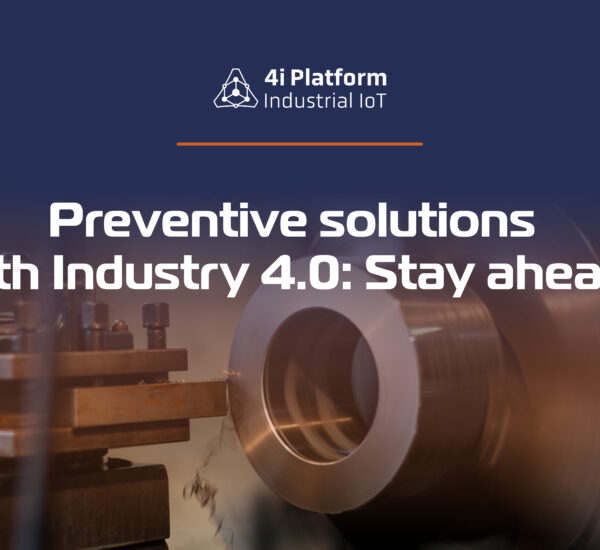The Internet of Things (IoT) has changed the world, including the power plant industry. The IoT is all about connecting smart devices, buildings, and other objects to electronics, software, and network connectivity.
As a result, companies can improve their operations with IoT, which allows these devices to share and gather information.
In the power plant industry, IoT technology improves the operations on the plant floor in real-time and adds balance to production in any industry.
Above all, it’s important to remember that IoT can be a boon for power plants as the world struggles with renewable energy. Let’s take a look at six of the ways IoT can help the power plant industry.
1. Increased Efficiency
The IoT enables the power plant industry to be fully automatic, which has resulted in a new development called smart grids. The grid includes wires and substations as well as transformers and switches.
Companies can increase their efficiency with the automatization of their operations. Now, companies do not have to hire people to monitor the grids, collect data and make necessary changes. Smart meters are also available and embedded with chips.
With IoT in the power plant industry, the management of electricity meters made by people is over. Power plants are now able to respond quickly to customer-related problems, outages, or malfunctions.
2. Cost Savings in the power plant industry
Automated systems mean that people do not have to work as much as before, and this reality also saves money on salaries and wages. Power plants no longer have to send a fleet to inspect their facilities, which saves money on vehicle purchases.
Also, they do not have to spend money on fuel and maintenance. It is possible to obtain real-time data, which increases efficiency and time sensitivity. This allows the power grid’s ability to adjust usage based on customer needs.
This saves time and helps conserve resources. Besides, the power plant industry can be monitored in real-time to avoid customer issues, which improves customer experience.
3. Improved Performance
IoT can also help to improve the performance of turbines and their compressors. Remote monitoring can improve the availability of power turbines.
Besides, the power plant industry can monitor and control the so-called smart turbines using innovative IoT sensors, control algorithms, and prognostic conditions monitoring. So, this allows them to ensure that they are in peak condition and always available.
Customers are starting to notice the benefits and demand that power providers make sure their systems can handle IoT systems.
4. Lowering Emissions
General Electric Power makes use of analytics and optimization provided by IoT to reduce its coal-powered power plant fuel consumption by 67,000 tons per year while maintaining the same megawatt output.
This results in lower emission of fossil fuels into the environment. Subsequently, monitoring and analyzing data from more than 10,000 sensors are helping plant operators make better decisions about the operation of their power stations. This improves performance and efficiency.
For example, GE can reduce CO2 emissions, save the planet and still provide excellent service to its customers by improving efficiency.
5. Increased Value for the power plant
IoT allows power companies to behave differently as they can generate power faster by reacting to fluctuations in demand. A power plant can behave in the same way as a battery by providing power when needed. It is not limited to generating energy at a set rate.
A power plant’s output can be valued more if it has real-time information on energy demand and projections of future requirements. Therefore, this can lead to a value that can reach tens of millions of dollars over the years. As time passes, the company’s value will increase.
6. Reduced Energy Demands
The IoT will revolutionize the way we use energy. Also, it will provide users with useful insights that will help them understand how energy is used in real-time, even down to the level of small appliances.
Now based on the collected data, personalized recommendations can be made for each customer.
If we can turn off the appliances remotely, then this will allow us to reduce their energy consumption. This is based upon data from our power company. This can help power plants reduce their energy demand and consequently lower prices.





